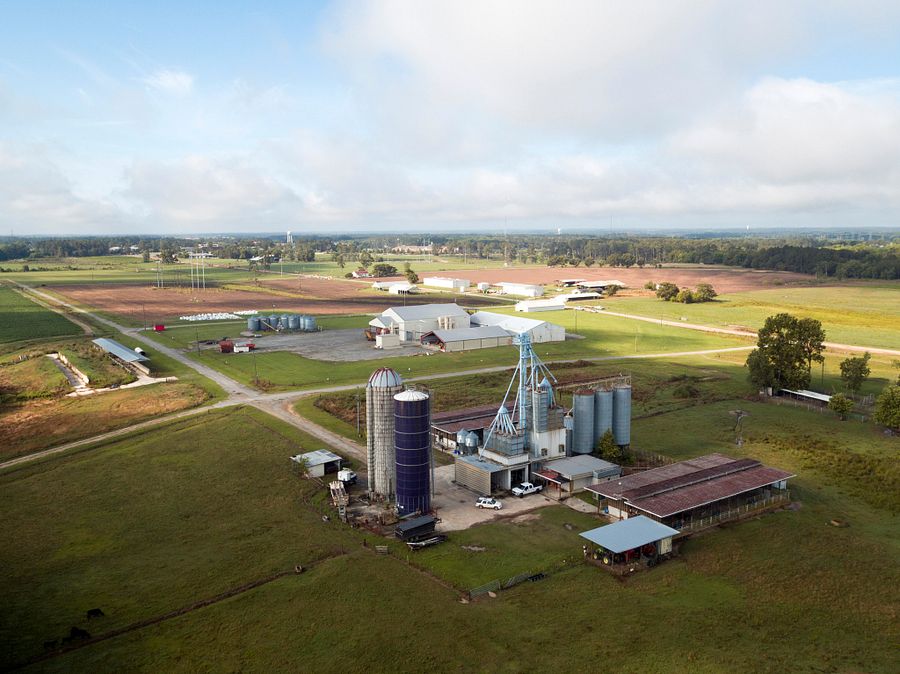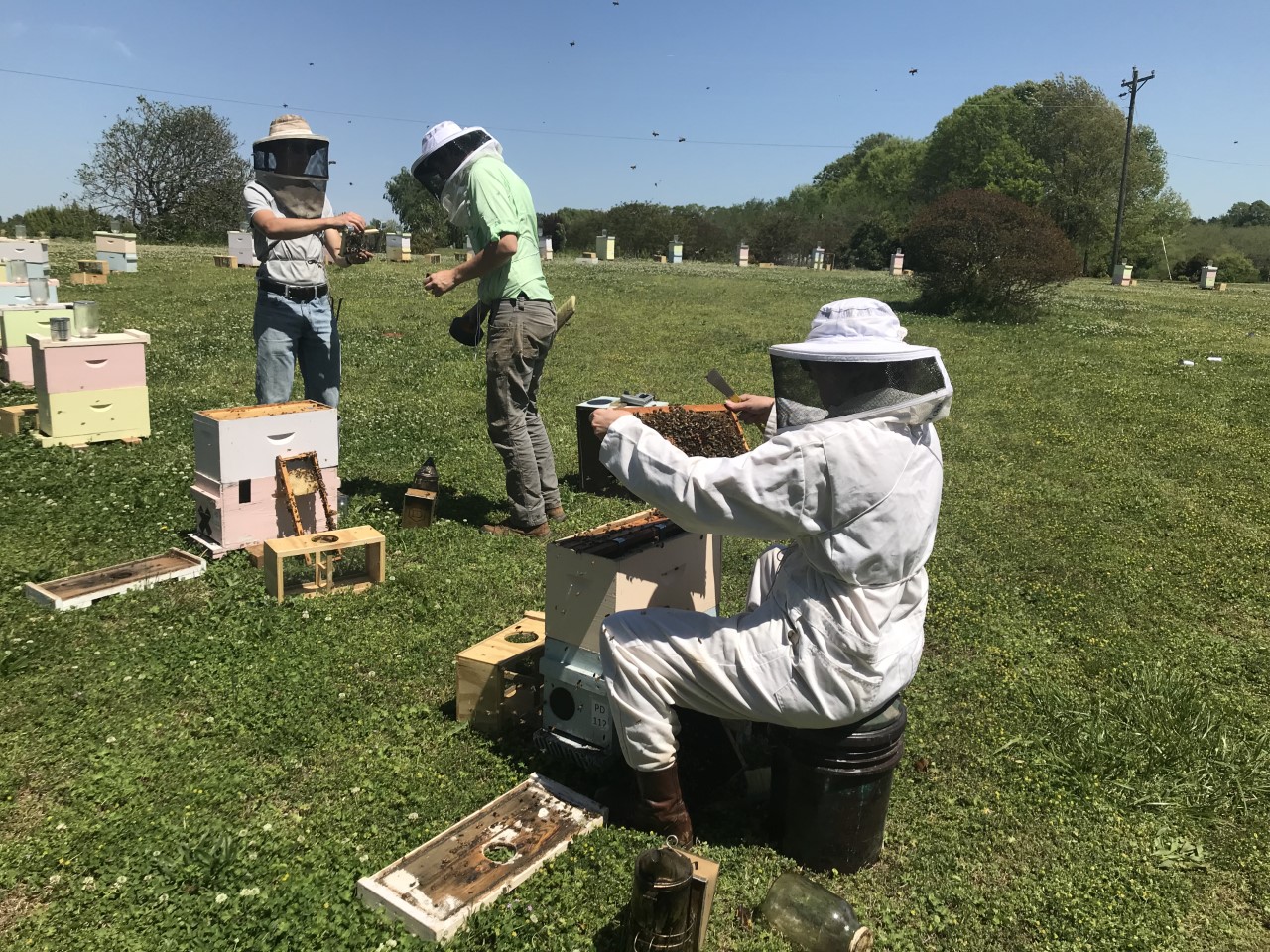Since April 6, when lightning started a wildfire in the Okefenokee National Wildlife Refuge, thousands of area families have evacuated their homes to protect themselves from the fire.
Flames aren’t the only the only health risk posed by large wildfires like the West Mims Fire, which has scorched more than 140,000 acres surrounding the park near the Florida-Georgia border.
Dry conditions are expected in south Georgia over the next few weeks, so the West Mims Fire may be burning for some time.
The smoke and fine particles sent into the air during wildfires can also cause serious problems for members of the public with lung issues, like asthma, and for healthy people alike. It’s important to think about smoky conditions when planning outdoor chores or activities.
People with heart and lung diseases, older adults and children are at greater risk from exposure to ozone and particles in the air. Symptoms of inhaling air of severely poor quality include coughing, throat soreness, difficulty breathing, aggravated asthma and permanent lung damage due to prolonged exposure.
For older adults, children and those who suffer from heart and lung diseases, asthma and chronic obstructive pulmonary disease (COPD), taking simple steps can reduce exposure to unhealthy air.
- The Okefenokee National Wildlife Refuge is posting fire updates and daily updates on air quality at inciweb.nwcg.gov/incident/5153.
- Limit outdoor activities if it is hazy or smoky outside. Get creative with your kids — play hide and seek inside or go camping in your living room.
- Keep your home and vehicle windows and doors closed as much as possible.
- When driving in your vehicle, press the recirculate button in your car to prevent the smoky air from getting inside.
- If you smoke cigarettes, limit smoking as much as possible. Tobacco smoke is a pollutant and greatly contributes to poor air quality.
- Do not rely on paper dust masks for protection. These masks do not protect your lungs from the small particles found in wildfire smoke.
- If you are especially sensitive to poor air quality, contact your healthcare provider for additional tips on staying healthy despite the poor air quality.
Remember to follow these tips from University of Georgia Cooperative Extension as you try to reduce your exposure to unhealthy air.
Tips from the Centers for Disease Control and Prevention for protecting yourself from wildfire smoke are available at www.cdc.gov/features/wildfires.
(Alexis Roberts and Kristen Sumpter, Family and Consumer Sciences agents with UGA Extension, contributed to this article.)






